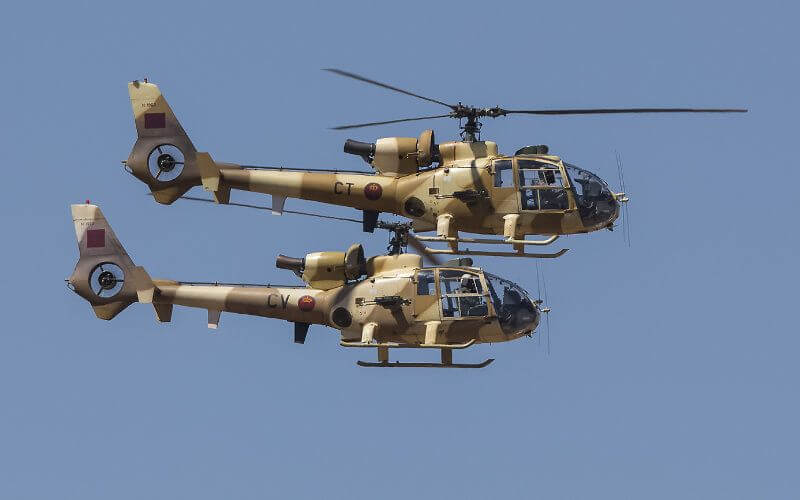North African Rivals Morocco and Algeria Escalate Military Spending

The arms race is intensifying in Algeria and Morocco. Is this a way for the two countries to deter or prepare for a possible war?
The current phase of this arms race is distinguished by the priority given to the acquisition of the most modern attack aircraft, such as the F-35 for Morocco and the Su-57 for Algeria, said international relations expert Mohamed Chakir. According to him, this competition is a means of preventing a direct war between Morocco and Algeria, by creating a situation of mutual deterrence. However, this competition represents a form of indirect war, where each country seeks to acquire superior weapons or capable of neutralizing those of its adversary, notes the expert.
An open war between the two countries would have a negative impact on North Africa. A direct war between the two nations would have catastrophic consequences for the region and would elicit international opposition due to its negative impact on the stability of North Africa, Chakir believes, noting that the continuation of this competition to obtain the most advanced military technologies continues to reshape the power balances in North Africa.
"Morocco adopts a clear strategy to strengthen its military capabilities by diversifying its arms partners. This approach aims to modernize the arsenal of the Royal Armed Forces and improve their efficiency to meet regional and international challenges," comments political scientist Abdelaziz Koukas. According to his explanations, Morocco is betting on a diversification of its arms sources, which gives it great flexibility in acquiring the most advanced military systems. The Moroccan arsenal includes weapons from countries such as China, Turkey, Russia and Europe, in addition to its traditional partner, the United States.
According to Koukass, Morocco and Algeria are engaged in a fierce rivalry for control of North Africa. This competition fuels the arms race between the two nations. The rapid transformations carried out by Morocco in the fields of diplomacy and investment could provoke regional tensions, thus increasing the risks of military conflict, he adds. Like Chakir, he thinks that the "balance of terror" generated by this competition could play a deterrent role against any direct military confrontation, and that a war between the two countries would have disastrous consequences for the entire region.
Related Articles
-

Illegal Beach Sand Mining Near Tangier Sparks Environmental and Economic Outcry
4 September 2025
-

Surveillance Footage Exposes Tourist Robbery Ring in Tangier Court Drama
4 September 2025
-

Rif Protest Icon’s Father Dies: Ahmed Zefzafi’s Passing Reignites Hirak Movement Debate
3 September 2025
-

Gulf Tourists and Moroccan Women Arrested in Marrakech Prostitution Sting
3 September 2025
-

Groom’s Secret Past Exposed: First Wife Crashes Moroccan Wedding, Halting Ceremony
3 September 2025